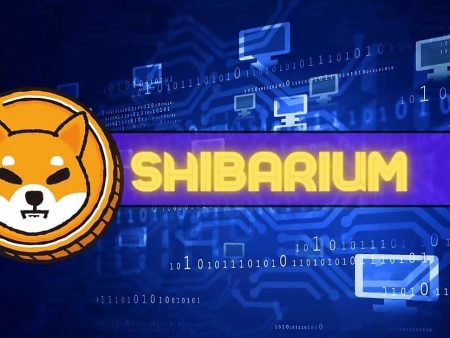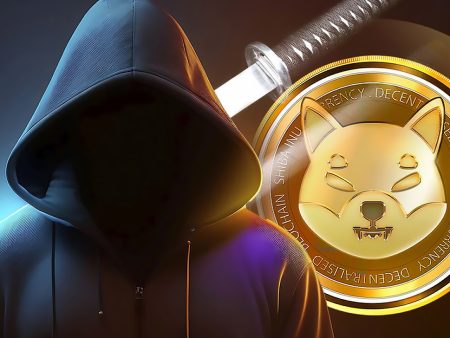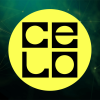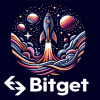Binance Smart Chain (BSC) is one of the prominent blockchain platforms today, developed by Binance – the world’s largest cryptocurrency exchange. With its compatibility with Ethereum and many outstanding advantages, BSC has attracted the attention of dApp developers and users in the cryptocurrency community.
Follow this article of AZCoin to learn more about Binance Smart Chain (BSC), its advantages and disadvantages, its rich dApp ecosystem and comparison with Ethereum.
What is Binance Smart Chain (BSC)?
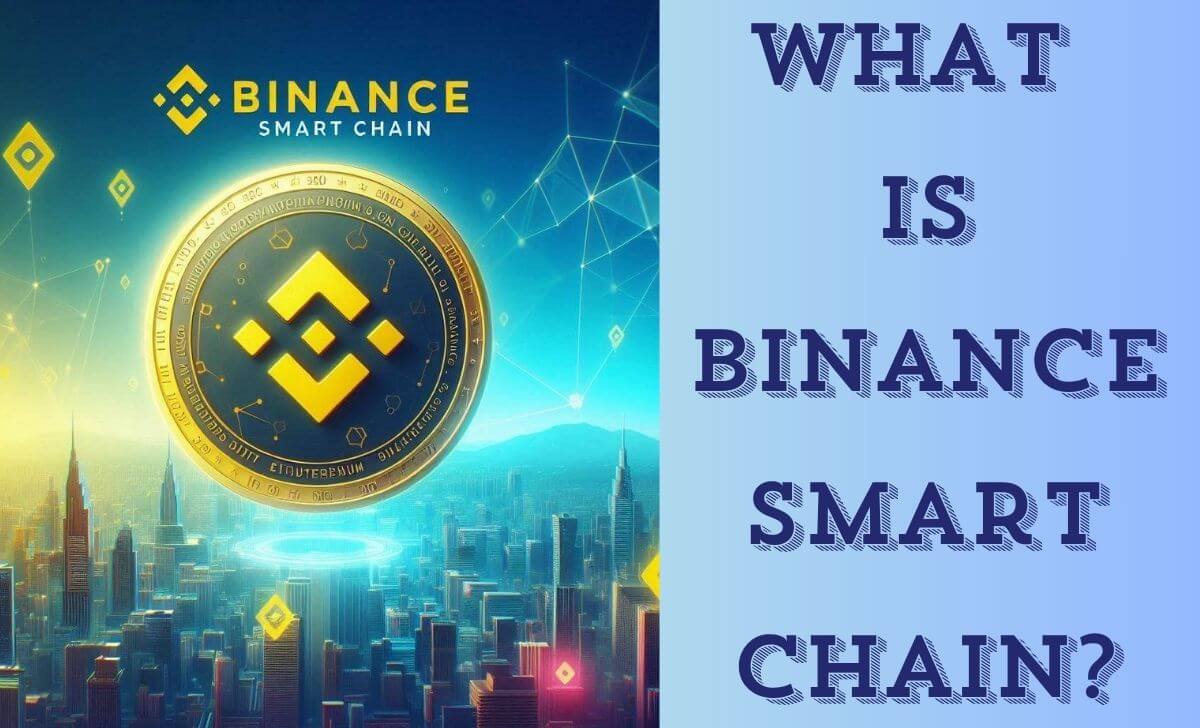
Binance Smart Chain (BSC) is a blockchain platform developed by Binance, designed to support smart contracts and dApps. Launched in September 2020, BSC provides a parallel ecosystem to Binance Chain, aiming to improve scalability and performance.
Who will use Binance Smart Chain (BSC)?
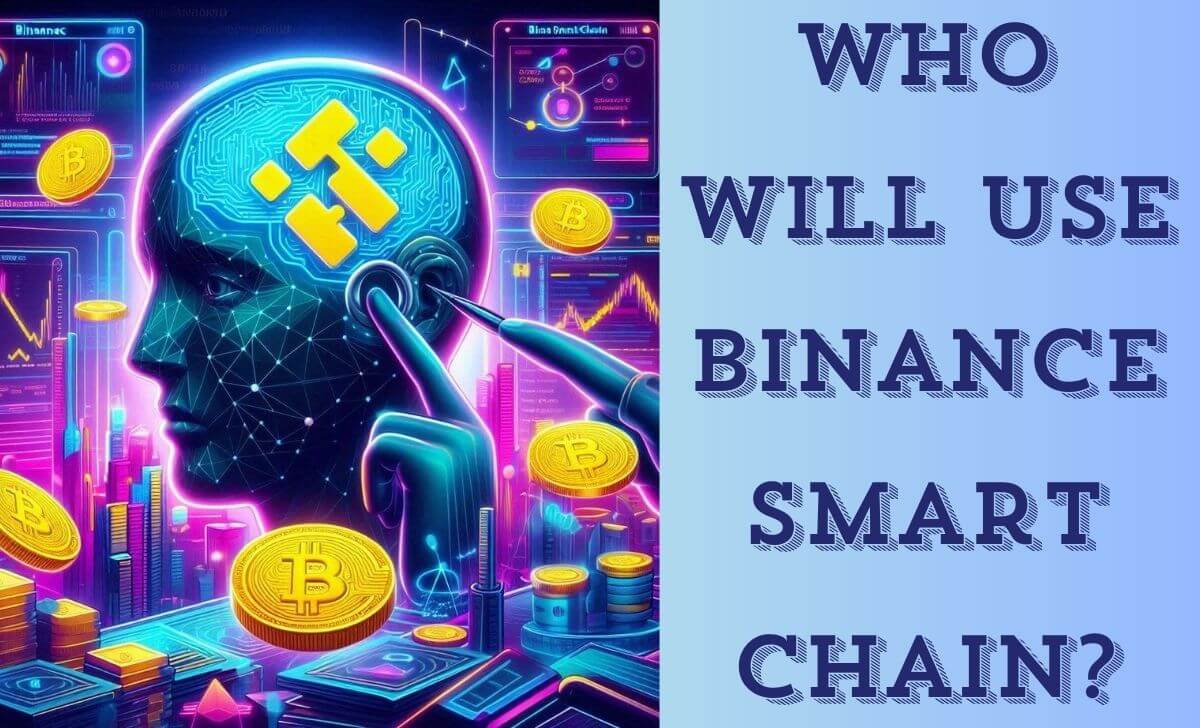
Binance Smart Chain (BSC) attracts a wide range of audiences thanks to its outstanding features. Below are the main groups that use BSC:
- dApps developers: Developers love BSC for its Ethereum compatibility, fast transaction speed and low transaction fees. This helps them build and deploy decentralized applications more efficiently.
- DeFi investors: BSC offers many opportunities in the field of decentralized finance such as yield farming, staking and other financial products. DeFi investors often choose BSC to optimize profits at low costs.
- Transaction users: Individuals and organizations use Binance Smart Chain to make fast and cost-effective transactions, especially in decentralized exchanges like PancakeSwap.
- NFT users: BSC also supports non-fungible tokens, allowing users to participate in NFT markets and projects with lower transaction fees than Ethereum.
- Service providers: Blockchain projects and services, including exchanges, wallets and DeFi platforms, often integrate BSC to provide fast and efficient payment solutions to their users.
- Investors: Cryptocurrency market participants often use BSC to trade BEP-20 tokens and take advantage of investment opportunities with low transaction fees and fast transaction speeds.
Pros and cons of Binance Smart Chain
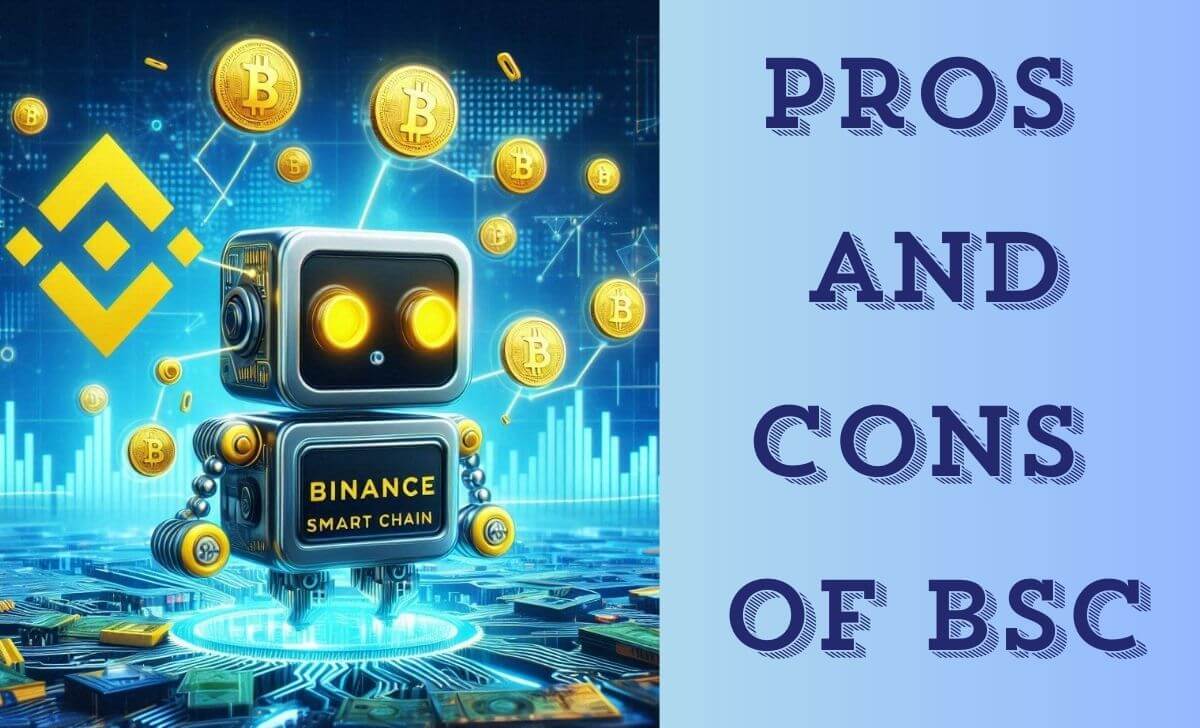
Below are the key benefits of Binance Smart Chain:
Pros
- Fast transaction speed: BSC uses the PoSA consensus mechanism, which enables fast transaction processing and high scalability, with a transaction confirmation time of about 3 seconds.
- Low transaction fees: Compared to Ethereum, transaction fees on BSC are much lower, saving costs for users and developers.
- Compatibility with Ethereum: BSC is compatible with EVM, allowing dApps and ERC-20 tokens to easily migrate to BSC without much code change.
- Rich DeFi ecosystem: BSC supports many DeFi applications, including decentralized exchanges, lending, borrowing and yield farming, creating more investment and usage opportunities for users.
- NFT support: BSC supports non-fungible tokens, allowing users to participate in NFT markets and projects with lower transaction fees.
Cons
Besides the advantages, Binance Smart Chain also has some disadvantages that need to be noted:
- Centralization: BSC uses a PoSA consensus mechanism, where a small number of validators are responsible for validating transactions. This can lead to higher centralization compared to fully decentralized blockchain networks such as Ethereum.
- Security: Although Binance Smart Chain has implemented many security measures, the concentration of a small number of validators can create security risks if these validators are attacked or controlled.
- Dependency on Binance: BSC’s development and maintenance are closely related to Binance, which can create a large dependence on Binance’s operations and strategies.
- Market risk: Changes in Binance’s policies or unforeseen events can affect the value and development of BSC.
TOP 5 Binance Smart Chain DeFi projects you should know
Below are the Top 5 DeFi projects on Binance Smart Chain that you should know:
PancakeSwap
PancakeSwap is the largest decentralized exchange on BSC, with over 10 million daily transactions. The transaction fee is only 0.2%, saving costs for users. The exchange supports over 1,000 BEP-20 token pairs and provides services such as yield farming and NFTs. Transaction speed is very fast, with a confirmation time of about 3 seconds.
BakerySwap
BakerySwap is a DEX and NFT blockchain platform on BSC with a TVL of around $500 million. The transaction fee is only 0.3% and the processing time is similar to PancakeSwap. The exchange offers NFT creation and DeFi services such as staking and farming.
SushiSwap
SushiSwap, after expanding to BSC, offers BEP-20 token trading with transaction fees of around 0.3% and fast processing times. The exchange has a total value locked (TVL) of over $500 million and supports features such as staking and yield farming similar to those on Ethereum.
MDEX
MDEX operates on BSC and HECO, with a 0.2% trading fee. The exchange supports multiple BEP-20 token pairs and provides liquidity mining and staking services. MDEX stands out for its cross-chain trading system and fast transaction speed. It’s a suitable platform for those looking for high performance and low trading fees.
JulSwap
JulSwap is a DEX on BSC with a 0.3% trading fee. It supports around 200 BEP-20 token pairs and provides liquidity mining and yield farming services. JulSwap stands out for its user-friendly interface and fast processing speed. It facilitates efficient DeFi activities.
The Future of Binance Smart Chain
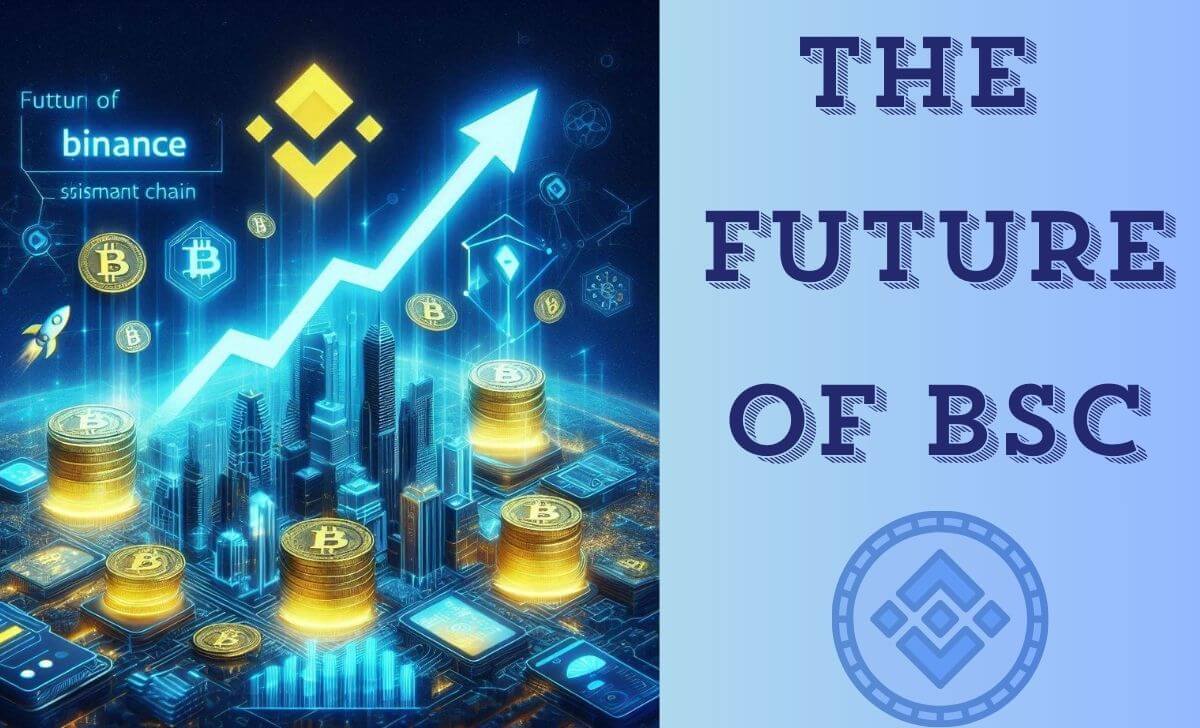
The future of Binance Smart Chain (BSC) is promising and full of potential. In the near future, BSC will focus on enhancing cross-chain compatibility, making it easier for decentralized projects and applications to interact with other blockchains. The evaluation process for new integrations and upgrades will ensure smooth interactions between different networks.
At the same time, BSC will scale and improve performance by increasing the number of validators from 21 to 41, improving security and decentralization. The exchange will also step up support for applications in GameFi, SocialFi, Metaverse, opening up new opportunities for users and developers. The on-chain governance mechanism will be improved, allowing the community to participate in the decision-making process and network management.
Finally, the development of MetaFi will help create a rich and highly interactive virtual economy. Although BSC faces challenges from the regulatory environment, the expansion of the ecosystem and innovation will bring many opportunities for new projects and community participation.
Conclusion
Above is the basic information about Binance Smart Chain (BSC) along with its advantages and disadvantages. If you are looking for a high-performance and low-cost blockchain platform, BSC may be the right choice. To learn more about other cryptocurrencies, please follow the articles on AZcoin – best crypto exchange 2024.

I’m Jessi Lee, currently living in Singapore. I am currently working as a trader for AZCoin company, with 5 years of experience in the cryptocurrency market, I hope to bring you useful information and knowledge about virtual currency investment.
Email: [email protected]

